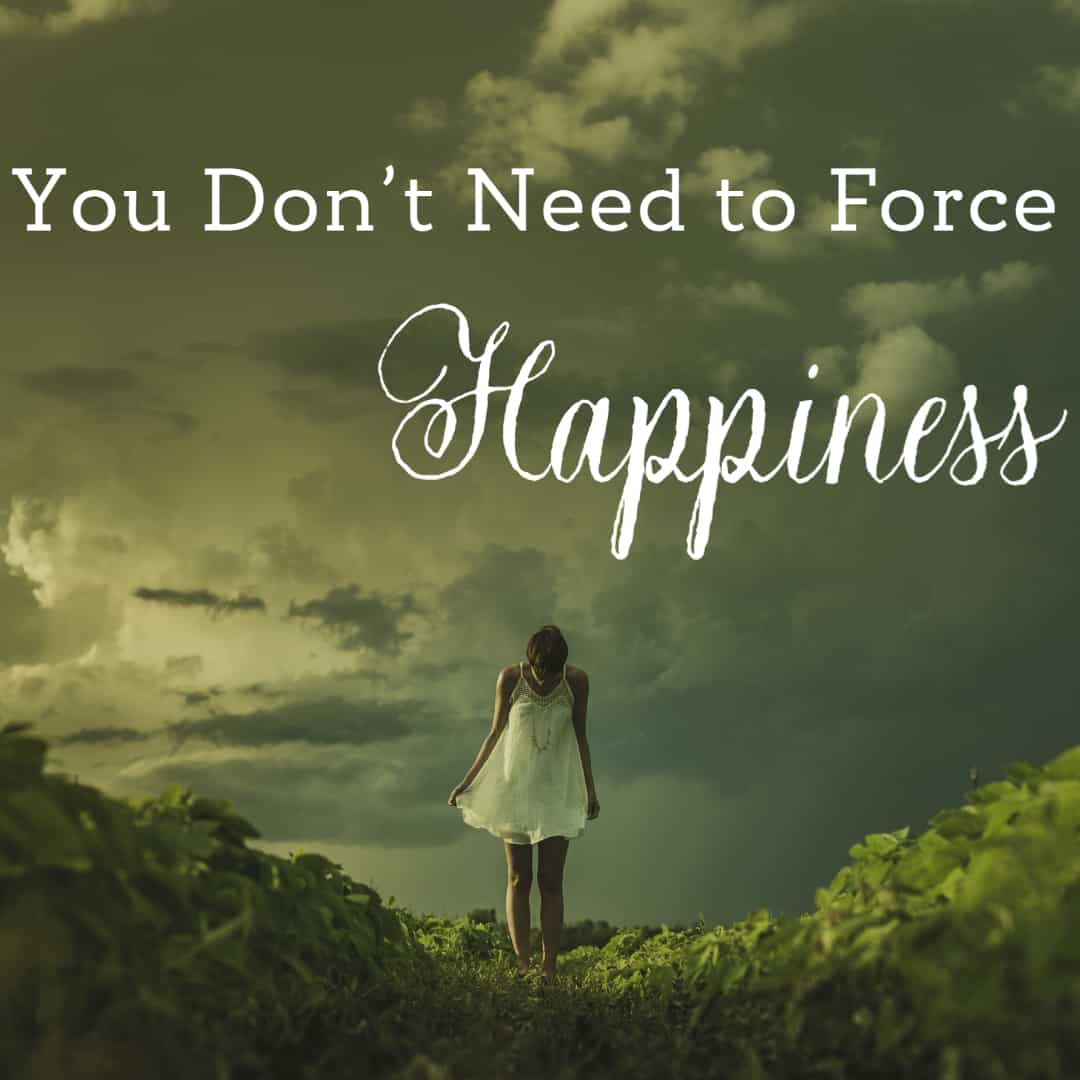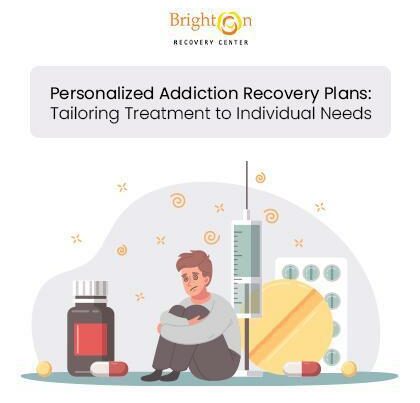You Don’t Need to Force Happiness

Through recovery, each person may be searching for practical skills, mindsets, and ways of expressing their own identity to create a recovery model that works for them. Happiness is the penultimate goal as each person learns to look back and accept their past and how they want to build themselves up in the future. While happiness is the goal, that doesn’t mean that someone needs to convince themselves that they are happy all the time or always have to wear a smile. Expressions of emotion as a whole are important, whether someone is genuinely happy or if they are sad, angry, or anxious. Expressing all of these emotions when they are felt can help each person better confront their overall happiness path.
Smiling Isn’t Always Expected
Recovery is hard. It is an uncomfortable process by which each person confronts their ailments to set the groundwork for a different future. While someone may see the recovery process as a wholly positive experience, the stresses that someone may feel in the moment through recovery can be anything but positive. While forcing oneself to smile can be a trick to convince the mind that it is happy, denying one’s own emotions and masking them can quickly build up its stresses. Recovery isn’t about learning to be happy all the time. Instead, it is learning how each person can safely express whatever emotion they are genuinely feeling in a non-destructive way. Learning how to express feelings safely can include finding appropriate coping mechanisms and emotional outlets, coupled with overarching goals that can help guide someone towards a future they want for themselves.
No part of this process implies that someone isn’t allowed to be sad or angry or any other emotion. Instead, it is encouraged for each person to express these emotions in a new way. There is nothing wrong with feeling mad during the recovery process or at any other time in someone’s life. However, whether someone chooses to express this anger through confrontation, suppressing it through unhealthy coping mechanisms like drugs or alcohol, or finds a healthy outlet to work through the anger as in using yoga, meditation, sport, or other physical activity is up to them. If someone is feeling sad, it can be more helpful to let them be sad and work with them to identify a source of the emotion, as well as how they can begin to process it, rather than trying to force them to just “cheer up.”
What Does Happiness Mean?
Living a happy life is about more than what someone feels from day-to-day. Instead, one way someone can begin defining what happiness means for them is to look at their progression towards their personal goals. Whether someone is making progress towards an individual professional status, sharing in their personal goals such as finding communities where they are accepted or setting goals for themselves on a domestic front, they can help someone define their happiness.
Each person will have to set these goals for themselves, and it will be up to them how they want to define themselves in the future. However, measuring one’s happiness can then be helped by looking at the steps they are taking each day to accomplish these goals. Learning new professional skills that may help someone reach a professional milestone can be a huge source of pride that someone can use to define their new, transforming lives. It can mean taking care of one’s health while maintaining new friendships. All of these things can lend to the idea of “happiness” depending on the individual, and none of them happen in just one day.
Looking at the Big Picture
Forcing happiness, or even a smile when someone isn’t genuinely feeling happy can have several detrimental effects, from bottling up emotions again to trying to force feelings so often that someone reaches a point of emotional exhaustion or ambivalence. Cheering up isn’t about pushing one’s self to be happy in the face of stressors. Instead, it can be about looking at how someone safely expressed these negative emotions and realizing the overall therapeutic value that their actions held in safely expressing these emotions. Seeing coping skills in action can be the source of genuine pride and triumph to begin a true path to happiness. Feeling safe to allow oneself to express whatever emotion they may be feeling can give someone the needed framework to start looking at the big picture of their success in recovery.
Happiness will mean different things to different people, but forcing happiness in the face of difficult times can lead to its problems in the recovery process. Brighton Recovery Center can help if you or a loved one struggles with your stresses and coping mechanisms, addiction, trauma, or any co-occurring mental health disorders. We can help you take the first step to confront your happiness and goals for recovery. Our large, six-building campus provides space for each person to experiment with their recovery while creating a supportive community. With access to many amenities such as a yoga studio, gym, and a myriad of various practical therapies, there is always a way for you to personalize your recovery program, either in our sober living facilities or during our intensive outpatient programs. To learn more about our extensive campus or to talk to a caring, trained staff member about your unique situation, call us today at (844) 479-7035.



